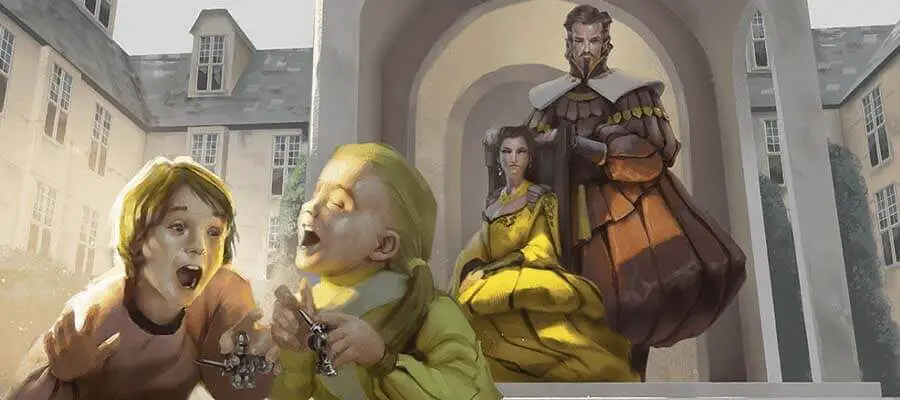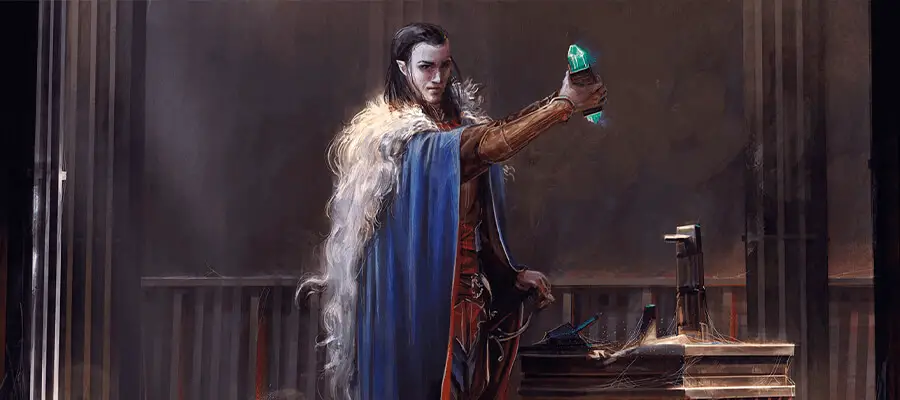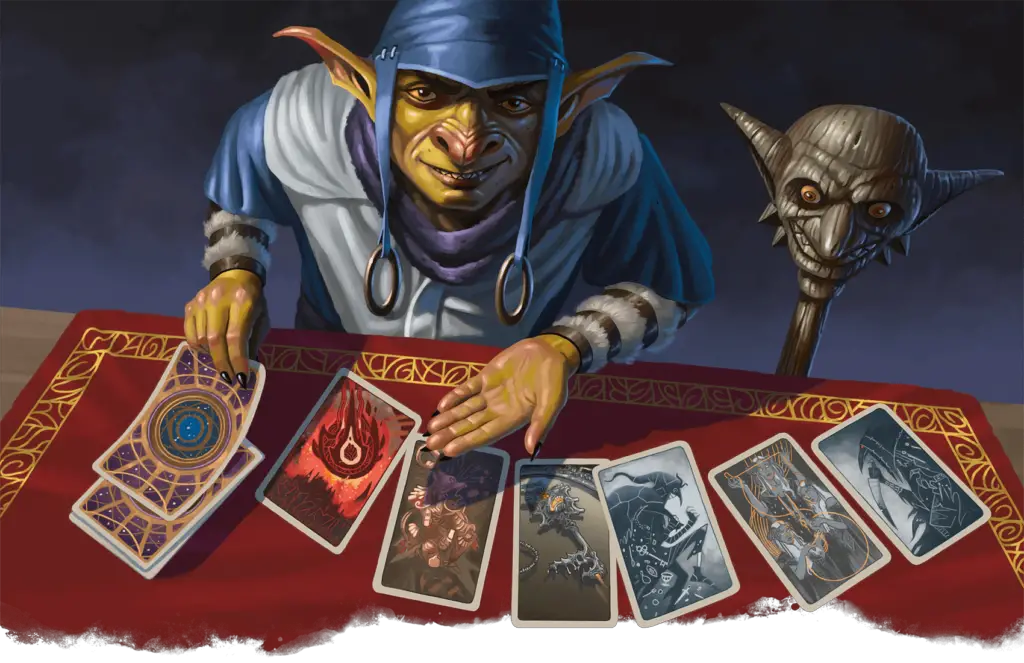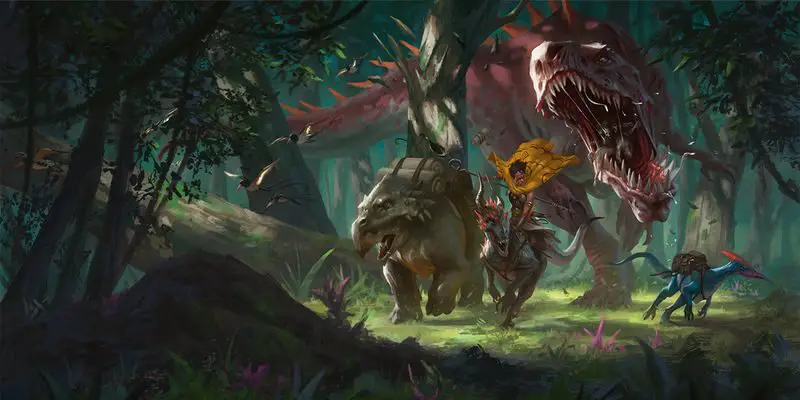Featured tough DM decision image credit to Wizards of the Coast’s book Waterdeep Dragonheist.
Disclaimer: This article contains affiliate links that add gold to our coffers.
DMs sometimes function as the de facto parental figure of their campaigns. It’s in that capacity that I had a tough DM decision to make in 2020. I was running my second Curse of Strahd campaign. It became apparent to me that session zero didn’t do what I wanted it to accomplish. It didn’t create group cohesion. There were very different playstyles involved in the group and different goals that they wanted out of the campaign.
Some people wanted to charge in and see what happens. Other people wanted to be calculated, and those playstyles can co-exist, but it didn’t work out this time. I tried to play off the friction and smooth things out during the first ten sessions. Instead of heeding early signs, I allowed the situation to fester. It came to a head during an infamous festival. One of the players made a big choice to publicly kill an NPC. The other players didn’t see a reason for it, so it seemed like a chaotic act.
Dreaded PvP
The act of murdering the NPC resulted in player-vs-player interactions. As this was going on, I vocally said, “Hey, this is the kind of stuff that will end a campaign. If you’re enjoying the campaign, please stop what you’re doing and find reasons to make it work.” I said this during the session as the problem arose, not later like some DMs might do. I wanted to nip it in the bud. I believe this was the right call from me, but it did not help, unfortunately.
The head-to-head stuff continued. It got to a point where I ended the session and said we’d see where it goes next time. I’d give it thought and consideration. Some of the players were talking about why the events mattered to their characters. In my head, I thought, “I really don’t care why your character is making you bicker with other players.” That just cannot happen.
Player conflicts make me as the DM not have fun. My time is too valuable; I have kids and responsibilities. If I’m sacrificing time to DM, I need to have fun. If players are gonna do this, it’s not gonna work. I thought I might end the campaign.
As I considered terminating the campaign, I remembered the players really wanted me to run this campaign. They were looking forward to it. I did not want to let them down, but I would not let myself down, either.
My Solution
I decided to split the campaign. I’d run two different groups to cater to the dual playstyles. I spoke with each player and made sure this change wouldn’t ruin the campaign for them. They thought it was noble of me to be willing to do two separate campaigns. From that point in time where we paused our campaign, it essentially diverged into two different realities. Group A treated group B’s characters as NPCs and vice versa.
This was the toughest decision because it doubled my workload and I wasn’t sure if it would work out. It wondered if I was prolonging something that was effectively dead. It became Curse of Strahd with two player characters in one campaign and three in the other. Those are pretty small groups, but Curse of Strahd as a horror campaign worked well. The genre lent to this change’s success.
I’m extremely glad I handled this the way I did and split the campaign. I gained more experience running Curse of Strahd. I enjoyed finishing the campaign for the two groups far more than I would’ve enjoyed them all playing together.
Takeaways
I thought I reviewed expectations very clearly in session zero, but I find that players generally smile and nod during session zero. They’re grateful to play, and they don’t think there will be problems. They hear what they want to hear.
DMs need to be assertive during session zero. I believe they should push players to consider the notes that are being provided for the campaign. Tell them, “I’m serious. How do you feel about this? How are you going to play this out?” And ask them individually, not posed to the group to be met with silence. Make sure everyone’s going to work well together. You’ll be surprised by the issues you uncover and prevent.
Be direct and vocal with players about these sorts of issues and catch them early on. Don’t second-guess yourself. You’re the DM, and if you are catching on to things that are making you enjoy the game less, it’s probably not just you. It’s not in your head; trust your instincts!
What was your toughest decision as a DM?




